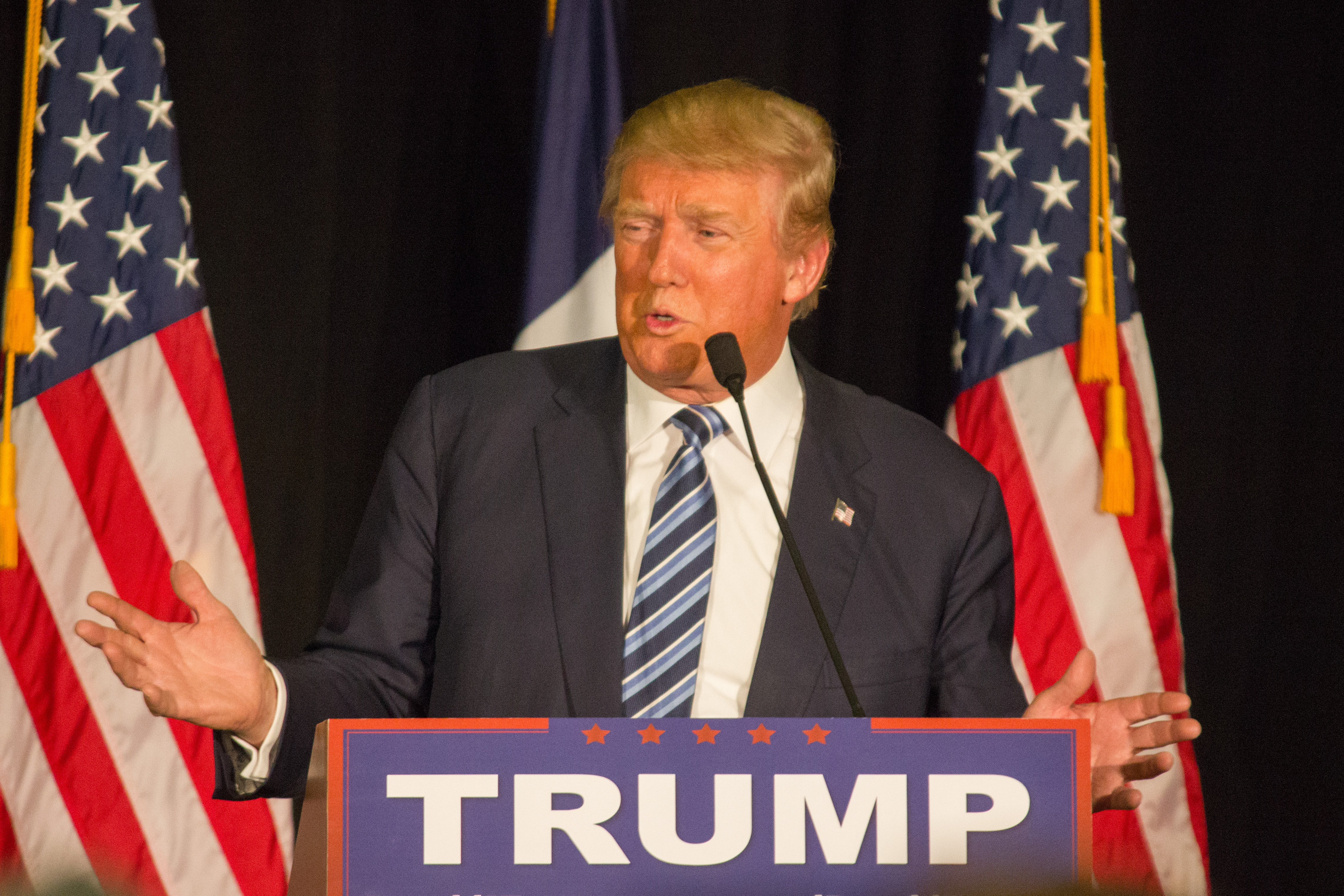Steven Aftergood directs the project on government secrecy at the Federation of American Scientists.
First, and in order to accomplish almost anything else, Congress needs to strengthen its own institutional capacity as an independent branch of government. This means increasing investigative and oversight staff; providing committee access to subject matter expertise; promoting fact-based policymaking; and adopting deliberative procedures that are substantive, fair, open and representative. In principle, such steps should be acceptable to every self-respecting member of Congress, though in practice that may not be the case.
Second, among the daunting number of challenging policy problems, climate change stands out for its time urgency, its profound consequences for global humanity, and the shocking negligence with which the issue has been treated up to now. Congress should therefore initiate a new legislative program to cut carbon emissions sharply and to support related remedial measures and alternative energy programs.
Third, a new Congress should take steps to halt and reverse the trampling of established political norms that has been the hallmark of the Trump administration. Family members and lobbyists should no longer be appointed to senior political positions for which they have minimal or no qualifications. Personal business affairs should once again be insulated from national policy decisions and government actions. Political opponents should no longer be targeted (e.g., by punitive revocation of security clearances), nor should allies be arbitrarily rewarded (e.g., through the presidential pardon power).
One place to begin: Congress should henceforth require major presidential candidates to disclose their tax returns publicly, as was previously done for the last several decades. This would be a simple but powerful reaffirmation of what once could have been taken for granted.
Lisa Graves is the co-director of Documented. She previously served as deputy assistant attorney general in the Office of Policy Development at the U.S. Department of Justice.
Democrats should hold hearings and votes on building a 21st-century economy of opportunity for all. This would include:
• investments to create manufacturing jobs producing solar panels for homes and businesses, along with storage and transmission capacity;
• support for the manufacture of small-scale windmills for home energy, expanded solar or reflective technology for road revitalization, and roofing to reduce heat retention in cities;
• substantial investment in public works for flood and rising sea level mitigation in all coastal areas;
• conservation or tree-planting crews to increase carbon-capture capacity, as well as water conservation and consumer education programs, new incentives for organic farming and craft/culinary artisanship and also protections for healthy and sustainable fisheries.
It would also encompass:
• free or reduced tuition at nonprofit community colleges and public universities and a major student debt forgiveness program that would release hundreds of millions of dollars into local economies;
• real expansion of Social Security benefits made possible by scrapping the cap on Social Security pay-ins beyond the current level and also taking capital gains and trust distributions for Social Security—if such gains are the majority of a taxpayer’s income and that taxpayer is under 63 years old;
• increasing the federal minimum wage to $15 an hour, plus paid sick leave provided by employers to allow workers to take time off when ill or when caring for a loved one who is ill. (The federal rule would set a minimum floor for such leave, though states could provide more.);
• automatic indexing of Social Security benefits and the federal minimum wage to inflation, so there is no reduction in benefits while costs rise, even without congressional action;
• a phase-in of Medicare for All for families with income below $250,000 and true preexisting condition coverage for all Americans;
• expansion of our courts to provide enough new judges to handle the caseloads of the U.S. Supreme Court, the circuits, and the district courts.
The priorities should also include real modernization of American democracy with investment in paper ballots to verify all electronic voting systems and a major federal investment in security systems to protect voting and voting-transmission systems from foreign or domestic intrusion. And it should eliminate disenfranchisement of Americans convicted of crimes. Congress should examine whether to make voting day a federal holiday or expand the period of early voting in federal elections to allow more Americans to vote.
Democrats should fund these measures by clawing back the Trump tax cut for millionaires and billionaires, increasing the inheritance tax, and creating a true and real flat tax for corporations based on gross income and executive compensation levels relative to average employee pay. Another major priority should be fully staffed investigations, with subpoenas, into any crimes committed by Trump or his advisers, as well as into corruption by executive agencies or agencies failing to fully enforce laws they are tasked with implementing.
Finally, there should be a full investigation of Brett Kavanaugh’s perjury in his congressional testimony on all matters where there is evidence that he lied under oath.
John Cavanagh is director of the Washington-based Institute for Policy Studies.
Should Democrats retake one or both houses of Congress in November, they will be able to block some of the worst of the Trump agenda, such as even deeper tax cuts for the rich. How about wins? That will take reaching out to unlikely allies, but here are three areas where Democrats could achieve legislative gains.
End excessive CEO pay: The strong populist outrage across this country understands that Wall Street has been too greedy and CEOs are paid too much. A winnable goal would be the elimination of taxpayer subsidies for corporations with extreme gaps between their CEO and worker pay. Thanks to years of pressure from public interest groups (including the Institute for Policy Studies, the organization I work for), corporations are now required to publish their pay gaps. Some Republicans have already shown interest in leveraging the power of the public purse against firms that pay top execs astronomically more than workers. When Trump’s budget director, Mick Mulvaney, was in Congress, he tried to prevent the U.S. Export-Import Bank from subsidizing any company with CEO pay over 100 times median worker pay. We can end government subsidies to overpaid CEOs.
Support Immigrants: No group has faced more terror under Trump than immigrants. Hundreds of thousands of Salvadorans, Hondurans, Haitians, and others face deportation next year as the Trump administration has ended their “temporary protected status.” Yet thousands of businesses depend on that labor, and they are upset. If Democrats make this a priority, the upsurge of immigrant activism in groups such as United We Dream can combine with the sentiments of unlikely allies in business to win an extension of this protected status for many.
End U.S. Wars: Trump hinted at pulling U.S. military troops from Afghanistan and Syria, but his generals wouldn’t let him. A concerted movement from the streets can link with anti-militarism leaders in Congress such as Ro Khanna and Barbara Lee to get the United States out of Afghanistan, Syria, Iraq, and Yemen; to close the Africa Command; and to end U.S. arms sales to the murderous regimes in Saudi Arabia and the United Arab Emirates. It can also fight to cut the out-of-control $720 billion military budget and to shift some of those funds to jobs, health care, and education.
The need for deep structural change is imperative, yet these long-term fights can be energized by short-term wins in a divided government.
Jack Blum is a Washington lawyer who is an expert on white-collar financial crime and international tax evasion. He spent 14 years as a staff attorney with the Senate Antitrust Subcommittee and the Senate Foreign Relations Committee.
For me, the number one priority is what they should not do—try to impeach President Trump. To do that requires building a solid case and having some chance of success in the Senate, where a two-thirds vote will be required after a trial. Realistically, there is no chance of getting two-thirds of the Senate to convict given the present facts and the present composition of the Senate.
What then are the three most important priorities? I think it is simple—investigate, investigate, and investigate. The administration is rife with blatant corruption that has been masked by Trump’s domination of the news. Trump himself has failed to keep his business interests at arm’s length despite claiming that they are in a blind trust. (For me this is a blind trust with a seeing-eye dog.)
Alarmingly, Trump has presided over a foreign policy and trade circus that few people understand. The mess he and his team have created is poorly understood because it, too, is covered by Trump’s control of the news cycles. The public must be educated.
Where then to begin? Two years is not much time in the world of congressional investigations. Typically, it takes the House and Senate more than a month to organize, and as a practical matter, the last six months of the next Congress will be consumed by the presidential campaign. Here is what must be done to make an investigative strategy work:
• Use the current senior minority committee staff to identify investigative targets and scope out what they think will be most productive and what needs to be done.
• The day the election results are in, key leadership staff should begin interviewing the people who will lead investigative teams. It takes weeks to assemble a competent staff and, once selected, it takes time for them to give employers notice and take up the new assignment. It will help the committee chairs to have a pool of applicants available.
• Make sure the committees have a budget adequate to support a top-notch staff and the investigation-related expenses.
• Revise the current committee and subcommittee rules so that they will support investigative activity.
In short, the House should use the model of presidential transitions that were effective to get ready to educate the American people about what has been done to them by the fools and knaves who populate the executive branch. The idea of a presidential transition is to have a new administration hit the ground running. To that end, one team develops a briefing book on the issues in all government agencies while a second group looks at résumés and tries to match people with jobs. A congressional transition should, ideally, work the same way.







0 Comments